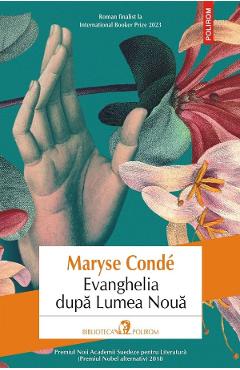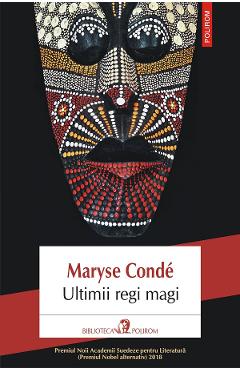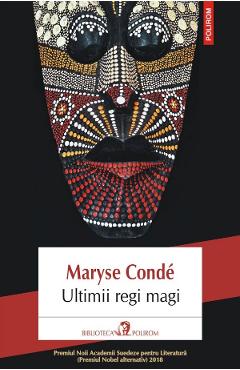Segu - Maryse Conde

Detalii Segu - Maryse Conde
Segu - Maryse Conde - Disponibil la libris.ro
Pe YEO găsești Segu - Maryse Conde de la Maryse Conde, în categoria Fiction.
Indiferent de nevoile tale, Segu - Maryse Conde din categoria Fiction îți poate aduce un echilibru perfect între calitate și preț, cu avantaje practice și moderne.
Preț: 94.86 Lei
Caracteristicile produsului Segu - Maryse Conde
- Brand: Maryse Conde
- Categoria: Fiction
- Magazin: libris.ro
- Ultima actualizare: 28-10-2025 01:22:05
Comandă Segu - Maryse Conde Online, Simplu și Rapid
Prin intermediul platformei YEO, poți comanda Segu - Maryse Conde de la libris.ro rapid și în siguranță. Bucură-te de o experiență de cumpărături online optimizată și descoperă cele mai bune oferte actualizate constant.
Descriere magazin:
Conde depicts the Bambara of 1797, a kingdom in Africa flourishing before thecoming of Islam and slavery. The tale follows the Traore family, a noble clanentrusted by the king. The four Traore sons embody the contemporaneous forcestearing at the very fabric of the nation. A wondrous novel ( New York Times ) by the winner of the 2018 Alternative Nobel prize in literature (the New Academy Prize) The year is 1797, and the kingdom of Segu is flourishing, fed by the wealth of its noblemen and the power of its warriors. The people of Segu, the Bambara, are guided by their griots and priests; their lives are ruled by the elements. But even their soothsayers can only hint at the changes to come, for the battle of the soul of Africa has begun. From the east comes a new religion, Islam, and from the West, the slave trade. Segu follows the life of Dousika Traore, the king\'s most trusted advisor, and his four sons, whose fates embody the forces tearing at the fabric of the nation. There is Tiekoro, who renounces his people\'s religion and embraces Islam; Siga, who defends tradition, but becomes a merchant; Naba, who is kidnapped by slave traders; and Malobali, who becomes a mercenary and halfhearted Christian. Based on actual events, Segu transports the reader to a fascinating time in history, capturing the earthy spirituality, religious fervor, and violent nature of a people and a growing nation trying to cope with jihads, national rivalries, racism, amid the vagaries of commerce.

Produse asemănătoare
Produse marca Maryse Conde
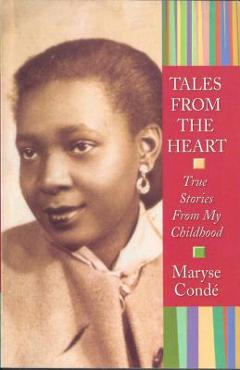
Tales from the Heart: True Stories from My Childhood - Maryse Conde
![]() libris.ro
libris.ro
Actualizat in 28/10/2025
113.08 Lei
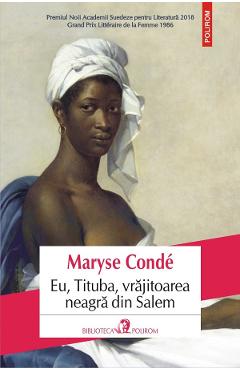
Eu, Tituba, vrajitoarea neagra din Salem - Maryse Conde
![]() libris.ro
libris.ro
Actualizat in 05/06/2025
37.95 Lei

